A garden isn't limited to just a pretty arrangement of flowers and vegetables that earn awards at the county fair. Herbs and edible flowers grown in a garden can provide a bounty of healthy options, including many that can be used to make a soothing cup of herbal tea.
You can get a lot of health benefits by making your own tea grown at home. They can also serve as a simple way to cool yourself on hot days or soothe a tense nerve on cold ones.
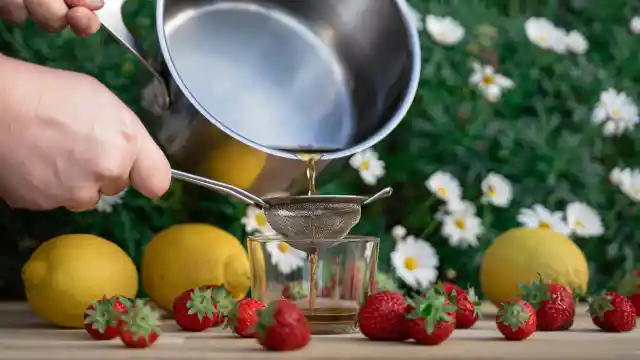
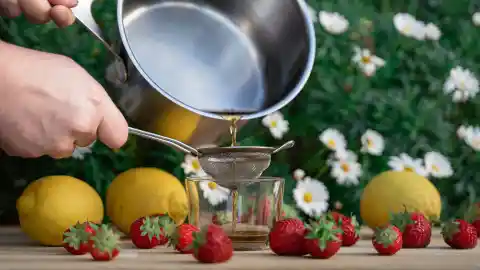
Here are a few of the most popular herbs used to make tea that can be grown at your own garden.
.
Peppermint
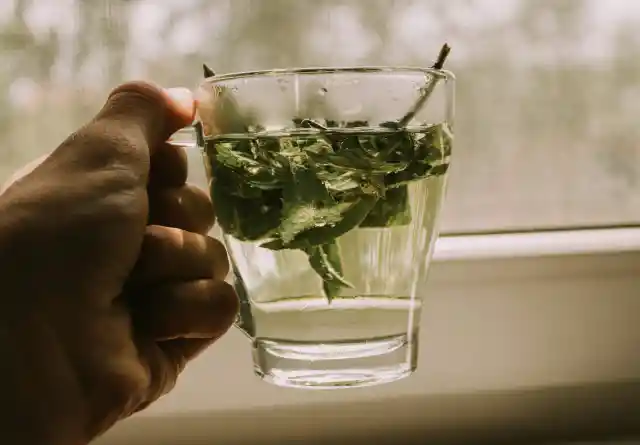
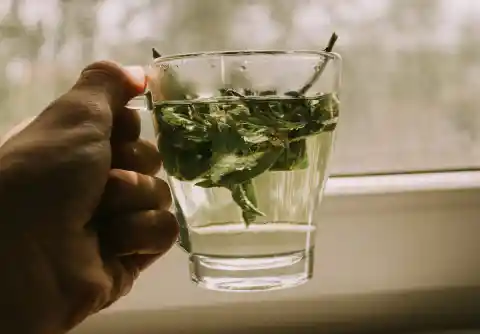
Peppermint (Mentha x piperita) is a lovely herb with a refreshing, minty flavor. Its vivid green leaves offer color to any garden. Beyond its culinary appeal, peppermint has various health benefits, including improved digestion, headache relief, and stress reduction. To grow peppermint at home, use well-drained soil and put it in full sun or light shade. Regular irrigation promotes healthy growth. Harvest fresh peppermint leaves to make relaxing drinks or culinary dishes. Whether you're drinking handmade peppermint tea or cooking with it, this versatile herb is a must-have in every herb garden!
.
Chamomile
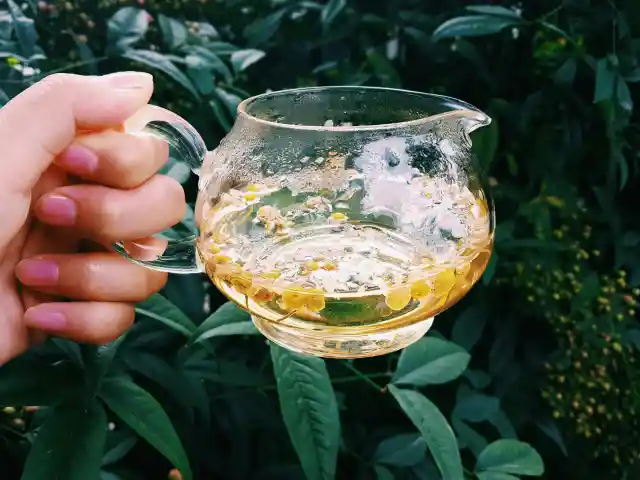

Chamomile (Matricaria chamomilla) is a lovely herb with mellow, apple-like flavors. Its daisy-like petals bloom in white and yellow, providing an air of elegance to any garden. Aside from its visual appeal, chamomile provides significant physiological benefits: it contains relaxing characteristics that aid in relaxation, promote better sleep, and soothe digestion. Chamomile grows well in well-drained, sandy soil. Give it full sun exposure and moderate watering. When it's time to harvest, dry the flowers to make chamomile tea, which is warm and calming.
.
Lavender
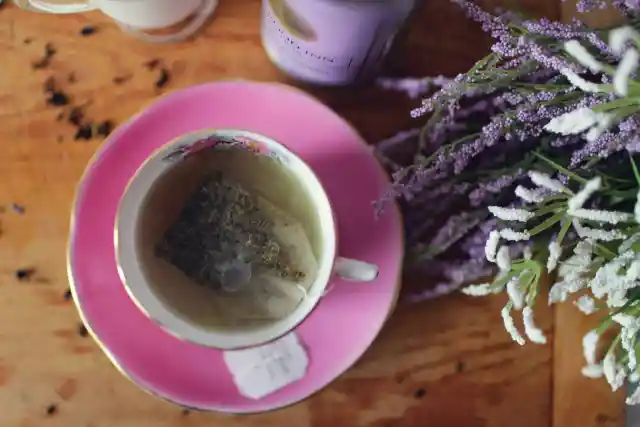
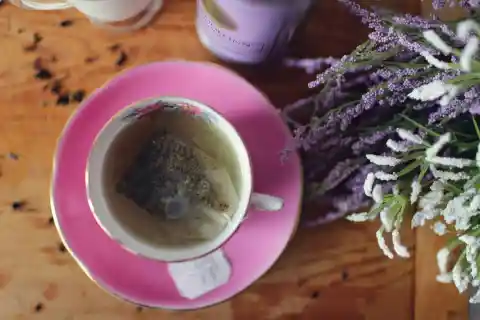
Lavender (Lavandula angustifolia) is a beautiful herb recognized for its delicate floral flavor and gentle sweetness. Its purple-blue blossoms provide a lovely display in any garden, instilling a sense of calm. Aside from its aesthetic value, lavender has numerous physiological benefits, including anxiety relief and improved sleep quality. To grow lavender successfully, select well-drained, alkaline soil. It thrives in drier conditions, so give it plenty of sunlight and very little water. When it's time to harvest, collect the aromatic blooms to make calming teas or incorporate them into delicious recipes.
.
Lemon Balm
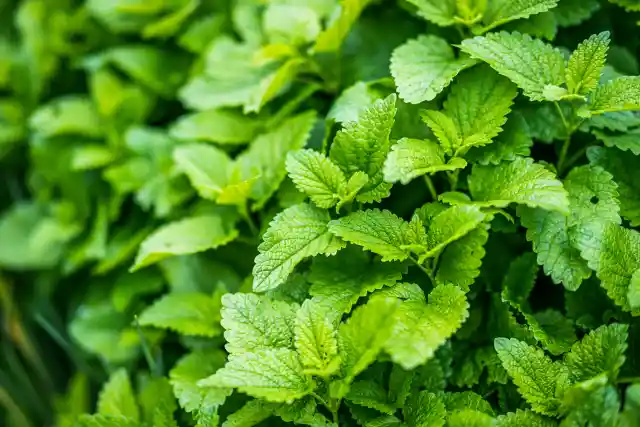
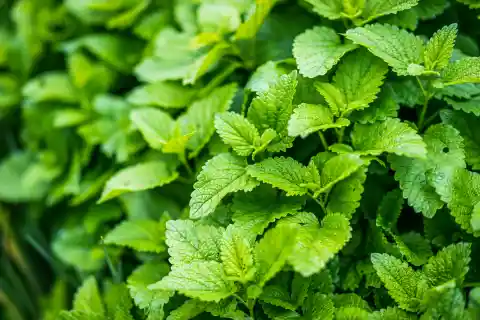
Delightful and aromatic, Lemon Balm (Melissa officinalis) is a herb with verdant, lime-green leaves. Its subtle taste makes it a flexible complement to health practices and recipes alike. Lemon balm is well-known among health enthusiasts for its soothing effects, which can alleviate anxiety and lift one's spirits. Pick a spot that gets partial shade and make sure the soil is always moist and drains well if you want your lemon balm to grow. It needs to be watered often for it to grow. To reap the health advantages of lemon balm, gather the leaves when they are fresh and use them in beverages or to enhance the taste of your favorite foods.
.
Fennel
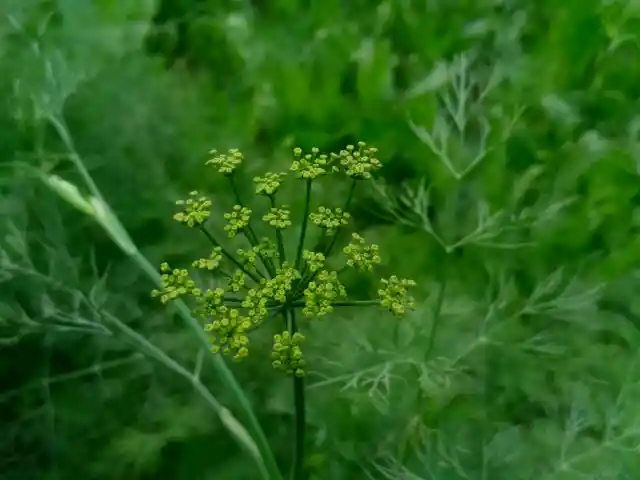
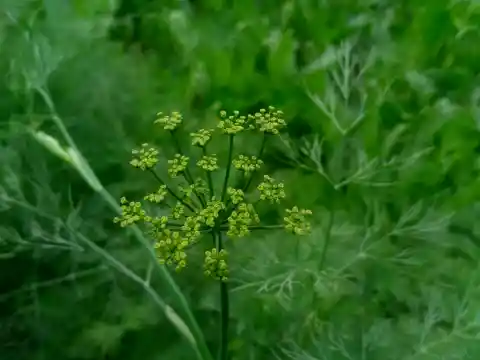
Fennel, or Foeniculum vulgare, is a beautiful flower that tastes like anise and is slightly sweet. The bright yellow flowers go well with the feathery green leaves that make an elegant show. In addition to being tasty, fennel is good for you because it helps digestion and freshens breath. Choose fertile soil that drains well if you want to grow fennel successfully. It needs to be in full sun and get some water every day. Tea or food can be made with the seeds or leaves.
.
Winter Savoury
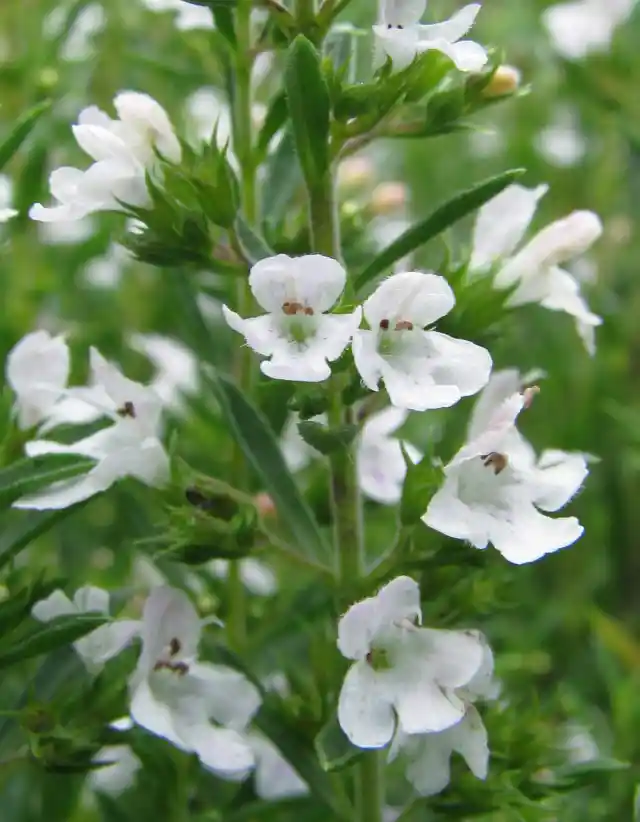
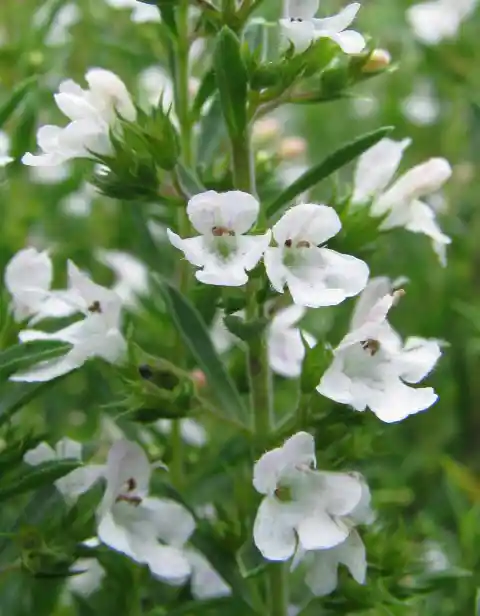
Winter Savoury, or Satureja montana, is a herb whose strong taste is a pleasure to the senses. Its dark green leaves taste spicy and savory, which makes it a popular herb for cooking. In addition to its culinary appeal, winter savoury provides health benefits by acting as a digestive aid and possessing antimicrobial properties. If you want to grow winter savoury successfully, choose soft soil that drains well. It needs to be in full sun and get some water every day. Pick fresh leaves to use in your favorite meals when you're ready to enjoy its sour taste.
.
Tulsi/ Basil
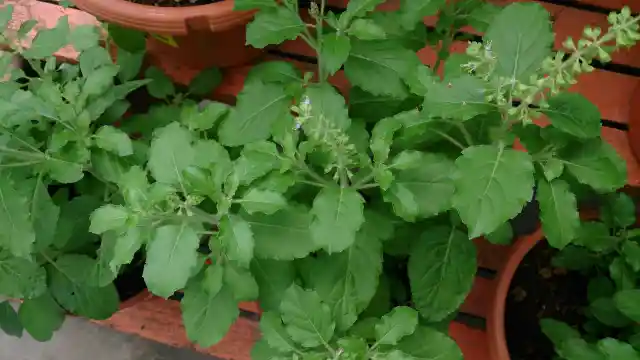
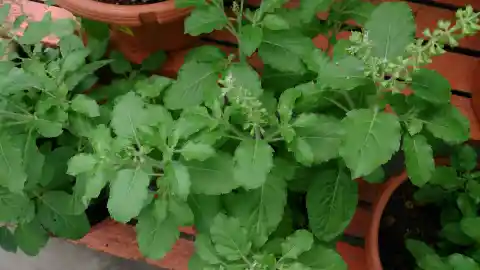
Holy Basil (Ocimum tenuiflorum/Ocimum sanctum), which is another name for tulsi, is a beautiful herb that has a long history in Ayurvedic healing. It's a unique plant to have in your yard because its leaves taste spicy and like cloves. The leaves are a range of colors, from bright green to deep purple, which makes the garden more interesting to look at. Tulsi is revered for its health benefits as well as its culinary appeal. It supports general health as an adaptogen and boosts the immune system. Well-drained, rich soil is best for growing tulsi. Make sure it gets lots of sun—it does best in full sun—and keep watering it regularly. You can use fresh tulsi leaves to make energizing teas or Ayurvedic medicines when you want to benefit from their healing qualities.
.
Manuka
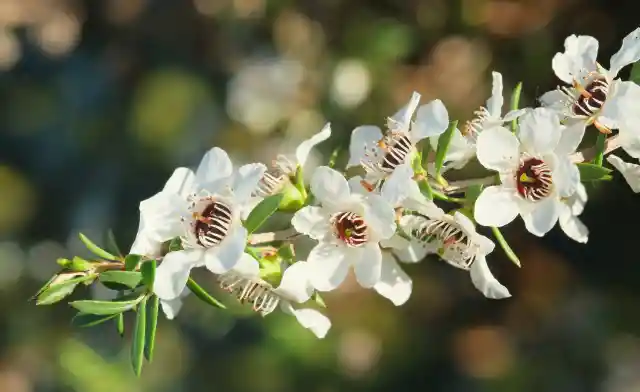
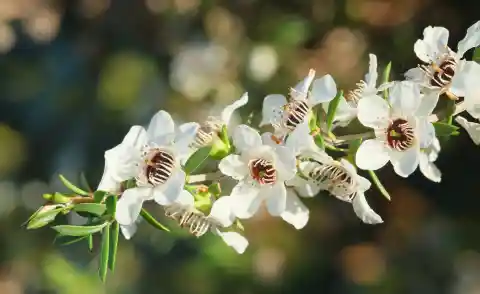
Manuka, or Leptospermum scoparium, is a beautiful native tree that has a taste that is both earthy and herbal. The soft white or pink flowers of this plant make the scenery look more elegant. Manuka is not only beautiful, but it is also good for you because it kills germs and helps wounds heal. Manuka grows best in well-drained, rocky soil, which is also where it grows naturally. If you give it full sun, it will be very drought-tolerant once it's established. When the flowers bloom, bees collect the nectar, which turns into manuka honey, a valuable substance known for its healing qualities.
.
Rosemary
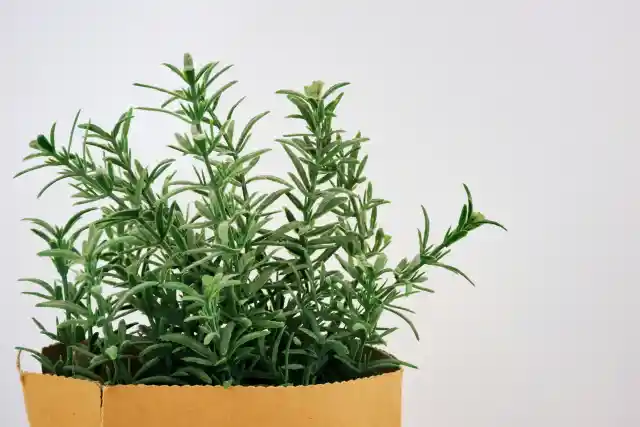
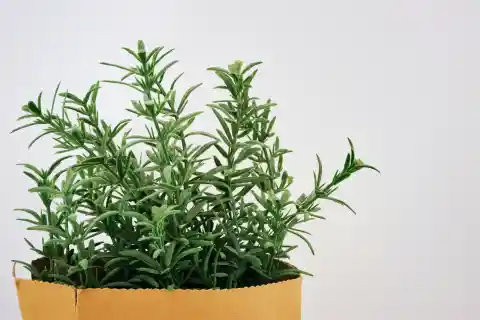
Rosemary, or Salvia rosmarinus, is a beautiful herb whose unique piney and sweet flavor is sure to please. Its green needle-like leaves make a beautiful, evergreen display in any yard. In addition to looking nice, rosemary is good for you because it helps your mind and is a powerful antioxidant. To grow rosemary successfully, choose dirt that drains well and isn't too heavy. This herb does best in dry conditions. It likes full sun, so give it a lot of it and water it only occasionally to keep the roots from getting too wet.
.
Lemon Verbena
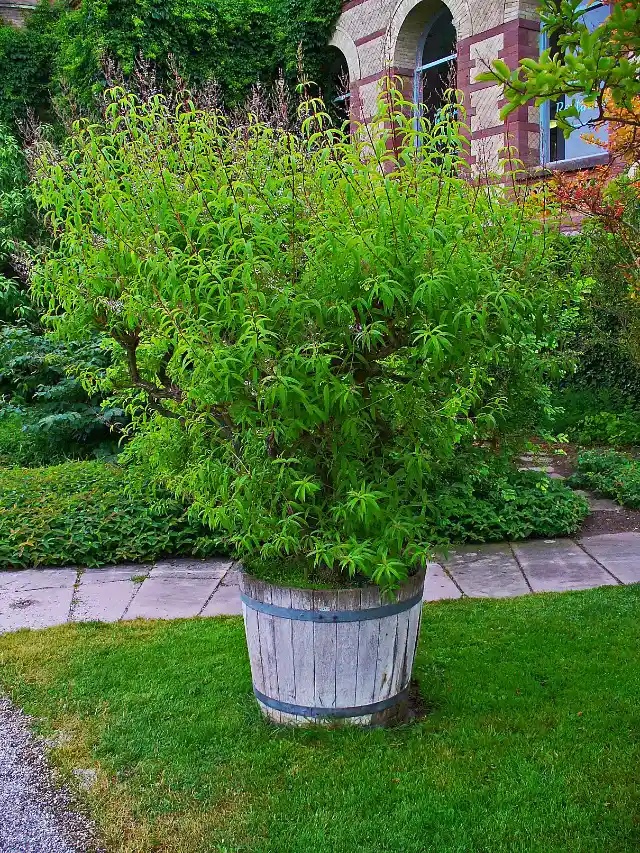
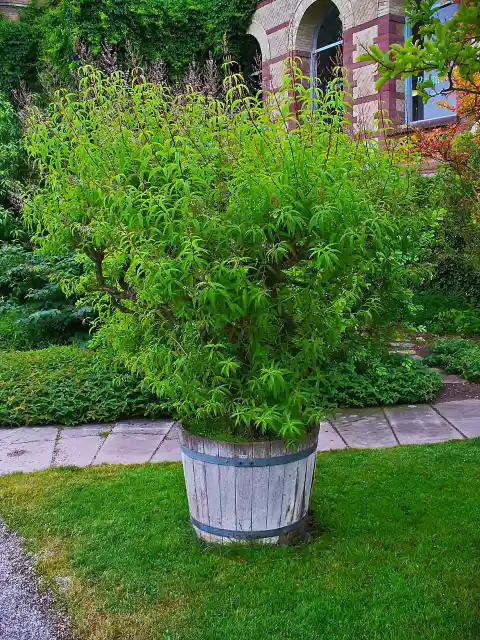
Lemon verbena, or Aloysia triphylla, is a lovely herb whose strong lemon taste draws you in. Its bright green leaves make any yard look lively, and their pleasant smell makes me think of citrus orchards. In addition to being tasty, lemon verbena is good for you because it helps digestion and calms you down. If you want to grow lemon verbena successfully, choose soft soil that drains well. Make sure it gets full sun and keep watering it regularly. Harvest fresh lemon verbena leaves when you're ready to enjoy their zesty fragrance in refreshing beverages or as a delicious seasoning in your culinary preparations.